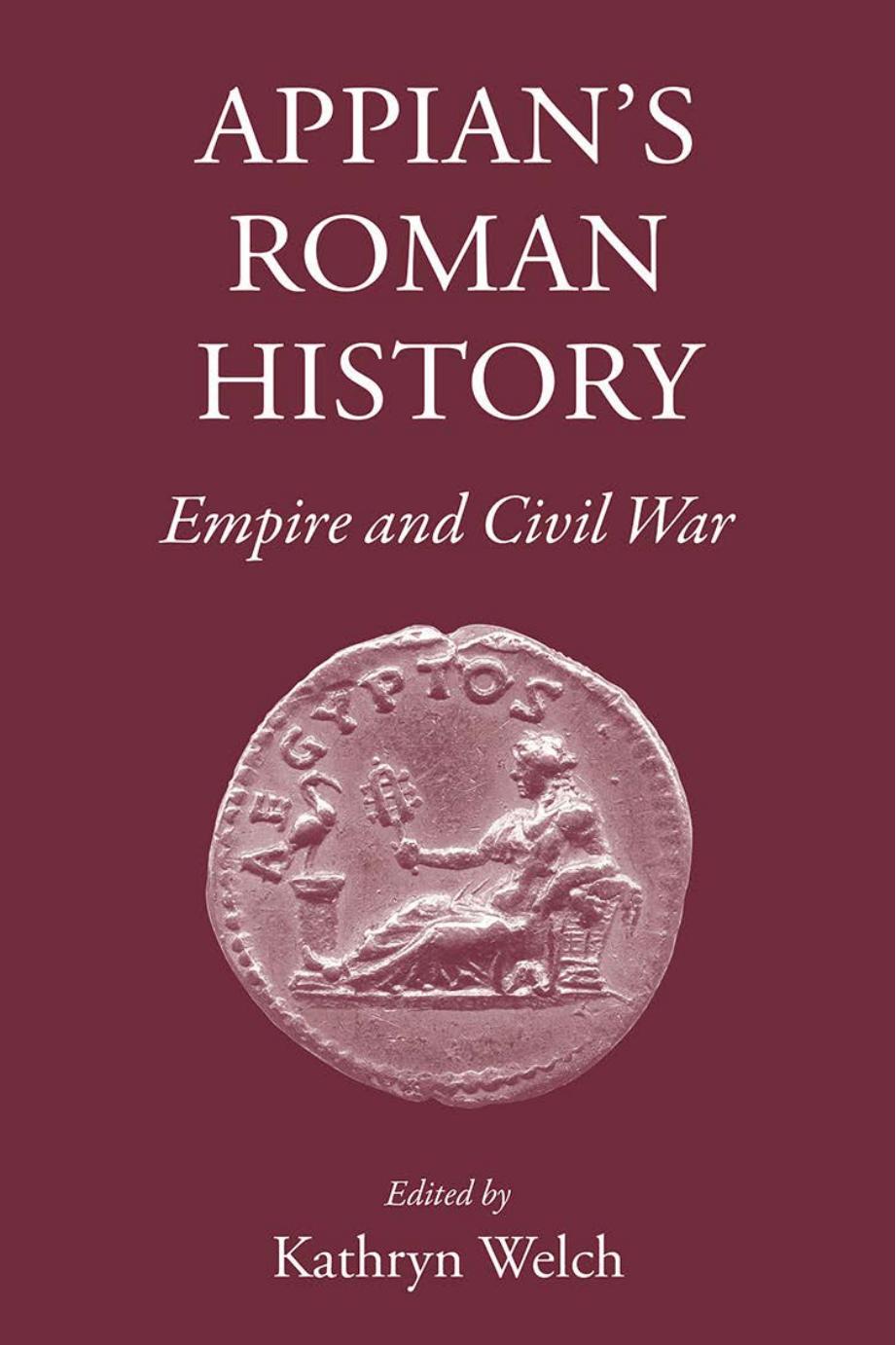

Most ebook files are in PDF format, so you can easily read them using various software such as Foxit Reader or directly on the Google Chrome browser.
Some ebook files are released by publishers in other formats such as .awz, .mobi, .epub, .fb2, etc. You may need to install specific software to read these formats on mobile/PC, such as Calibre.
Please read the tutorial at this link: https://ebookbell.com/faq
We offer FREE conversion to the popular formats you request; however, this may take some time. Therefore, right after payment, please email us, and we will try to provide the service as quickly as possible.
For some exceptional file formats or broken links (if any), please refrain from opening any disputes. Instead, email us first, and we will try to assist within a maximum of 6 hours.
EbookBell Team

0.0
0 reviewsAppian of Alexandria lived in the early-to-mid second century AD, a time when the pax Romana flourished. His Roman History traced, through a series of ethnographic histories, the growth of Roman power throughout Italy and the Mediterranean World. But Appian also told the story of the civil wars which beset Rome from the time of Tiberius Gracchus to the death of Sextus Pompeius Magnus. The standing of his work in modern times is paradoxical. Consigned to the third rank by nineteenth-century historiographers, and poorly served by translators, Appian's Roman History profoundly shapes our knowledge of Republican Rome, its empire and its internal politics. We need to know him better. This collection of 15 new papers from a distinguished international team studies both what Appian had to say and how he said it. The papers engage in a dialogue about the value of Appian's text as a source of history, the relationship between that history and his own times, and the impact on his narrative of the author's own opinions - most notably that Rome enjoyed divinely-ordained good fortune. Some authors demonstrate that Appian's text (and even his mistakes) can yield significant new information, others re-open the question of Appian's use of source material in the light of recent studies showing him to be far more than a transmitter of other people's work.